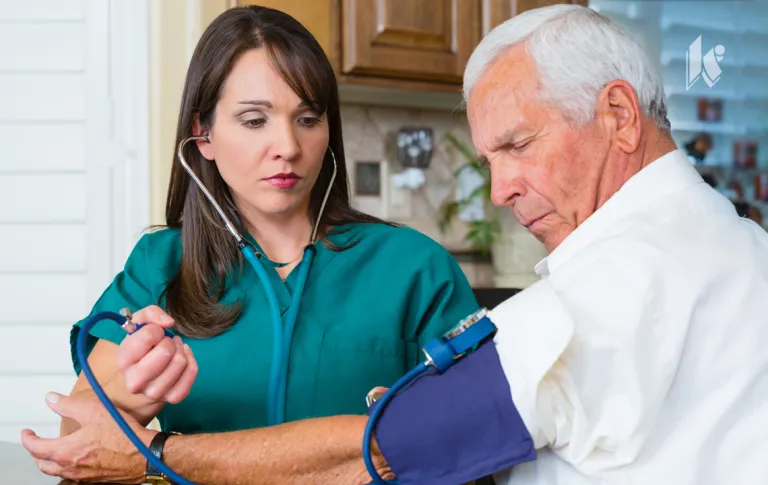
February is National Cancer Prevention and Awareness Month. Many organizations, such as the American Association for Cancer Research and World Cancer Day, mark February 4 as an international day to raise cancer awareness, promote preventive practices, and fundraise for cancer research.
According to the Moffitt Cancer Center, cancer risk increases with age; 66 is the average age of a person when they are diagnosed. Knowing the risk factors and incorporating preventive steps into your regular medical care can keep you healthy and cancer-free for many years to come.
Cancer in Seniors
While cancer can happen at any point in life, many common cancers are even more common in people over age 60. Long-term exposure to carcinogens, such as workplace chemicals or UV light, and unhealthy lifestyle choices, like smoking, combined with a weaker immune system increases the cancer risk for older adults.
Some of the most common forms of cancer in senior patients are breast, prostate, lung, colon, and bladder cancers. Luckily, many of these forms of cancer have common screenings and tests to find and treat them early, increasing a patient’s chance for survival.
Prevention and Screening
Thanks to advances in technology and a better scientific understanding of cancer as a disease, detection, prevention, and survival rates are improving. According to the World Cancer Day organization, one-third of cancer cases can be prevented with proper screening, and one-third of diagnoses can be cured when detected and treated early.
One of the most effective ways to prevent cancer is living a healthy lifestyle. Quitting (or never starting) smoking, eating a balanced diet, regular exercise, and receiving preventive vaccines can all reduce your cancer risk.
The next important step is including regular cancer screenings in your health regimen. Some screenings, such as mammograms and colonoscopies, are recommended regardless of other risk factors once you reach a certain age. Talk with your primary care doctor about scheduling and referrals as soon as you turn the recommended age for a screening. Other tests are performed if you are at an increased risk for a certain cancer due to environmental factors or your family history and genetics. These screenings can include blood tests or diagnostic imaging, like a CT scan.
Finally, don’t be afraid to ask your doctor questions if something changes in your body. If you notice a lump, difficulty breathing, trouble urinating, or any other sudden changes, talk to your doctor to see if it merits a follow-up test. Catching and diagnosing cancer early is one of the best ways to ensure treatment is effective.
Professional Medical Care at Kingsway
The staff at Kingsway Arms Nursing and Rehabilitation Center are highly-trained professionals who provide exceptional, personalized care for each resident. Our staff include Nurse Practitioners, Registered Nurses, and Licensed Practical Nurses, and they are available 24 hours a day for nursing care and support. Regardless of a resident’s diagnosis, we work to provide comfort and the highest degree of independence possible, all while coordinating with their families to provide assistance when needed. Learn more about Kingsway Arms and our Skilled Nursing service here.